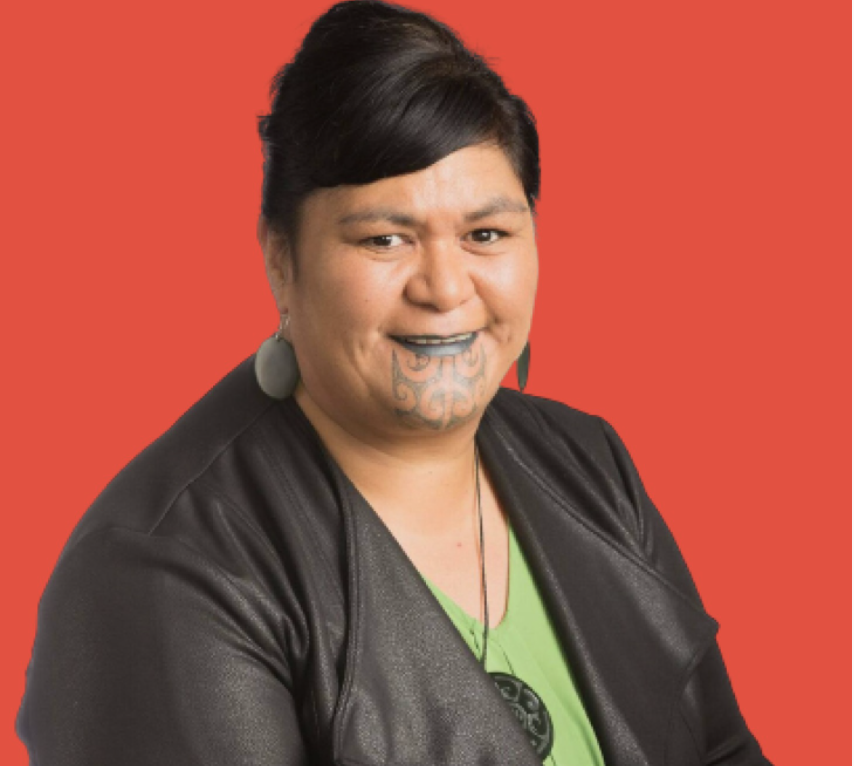Democracy is a very flexible virtue for the Left. Fawning over popular grassroots movements (Occupy, BLM, Ihumatao) and progressive electoral victories (Biden’s ‘win’, the recent Labour landslide) comes easy. But when democracy results in a Brexit or a Donald Trump, respect for the popular mandate disappears faster than a sausage roll left alone in a room with Grant Robertson.
And so it goes with Maori wards.
The Local Electoral Act of 2001 allowed for the creation of Maori wards whereby voters on the Maori General Electorate Roll choose their own representatives to serve on regional and city councils. However the act also ensured these wouldn’t be just foisted on local populations by activist councils; voters could (by petitions) demand a referendum on their creation.
Apparently this is just a little too much democracy for our current Labour government.
Local Government Minister Nanaia Mahuta has promised to remove the right to hold Maori ward referenda to ensure “widespread Maori representation” – or the unopposed adoption of Maori wards.
These wards are a classic case of a solution in search of a problem. Across the country, 10% of councillors identify as Maori, and local iwi are well represented as advisors and consultants to a range of council decisions from where roads should go to whether they serve gingernuts or Tim Tams at council meetings.
The imposition of Maori wards has an ideological as much as a practical motive. And it is one that should terrify fair-minded New Zealanders.
Last month, in what must have been an unusually eventful meeting of the Northland Regional Council (for some reason I thought councils mainly discussed sewage), long-time councillor John Bain resigned over the issue. While Councillor Bain’s principled stand over what he called “broken democracy” (he wanted the Council to poll the community to see whether there was a desire for Maori wards in the first place) is rather too rare in politics, what was more remarkable was some of the reaction to it by his fellow councillors. As reported by Stuff, Chairwoman Penny Smart, belied the aptness of her last name with the moronicism: “No Pakeha can have a Maori world view”. Let’s follow this logic through to its logical conclusion, shall we Ms ‘Smart’? The Maori ‘world view’ is so distinct, so impenetrable by honkeykind that we cannot possibly understand each other. We don’t all eat, drive on roads, watch rugby and require efficient sewage disposal. (I still think that’s what councils mainly discuss – and by this evidence they should stick to it). Maori are sui generis and while it’s a blessing to have them walk among us (obviously) we shouldn’t actually attempt to understand them.
This is nothing but racial ‘woo’, the fetishisation of cultural difference well past the point of absurdity.
Worse than that: it is the very heart of racism.
If we are so unalike, why not separate justice, education and health systems? Hell, why not separate drinking fountains…
Worryingly, comments by another NRC councillor suggest there is much more of this to come. Councillor Joce Yeoman opined that Maori wards were “part and parcel” of the recent ‘landslide’ change in central government. I guess this is what we far-right conspiracy theorists call ‘the progressive agenda’ – operating in full bloody daylight.
Councillor Yeoman went on to state semi-coherently that “Maori are not a minority, they signed the Treaty of Waitangi.” Fact check: fifty percent true. Although it would be truer to say ‘some of their ancestors signed the Treaty of Waitangi’. Nevertheless, it is the Treaty and the principle of ‘partnership’ that are behind all this.
The founding document of our country is rather anaemic compared to those of other nations such as the American and Australian constitutions. Its three articles and brief preamble contain no creation of institutions for the governing of these islands. Later New Zealanders have had to impute them via vague treaty ‘principles’, chief among them the idea of ‘partnership’. This has a nice kumbaya ring to it and made sense when there were two distinct peoples in existence; less so over time with so much intermingling of the two (something we should be proud of). Following the ‘partnership’ principle to establish such entities as Maori wards is a retroactive step – taking us all back to 1840. How far do we take this ‘partnership’ idea anyway? Do we devote 50% of tax revenue to spending on Maori initiatives? 50% of school class time to Maori ‘knowledge’? 50% of radio airplay to Maori songs? No New Zealander, Maori or Pakeha, deserves 12 hours a day of Prince Tui Teka.
If more Maori want to serve on councils may I suggest they do it the old fashioned way and convince their fellow New Zealanders to vote for them. It is strange that at a time when there are more Maori MPs than ever in the New Zealand parliament – prior to the election the percentage was 24%. Taking away the Maori seats, it is 18% and given that only 16% of the NZ population “identify” as Maori, it is strange that such separatism is being called for.
In fact, our new parliament with 10% of MPs identifying as gay in a population that according to Wikipedia contains only 2.6% of the gay persuasion, is under-representative of the straight community. By Nanaia Mahuta’s logic of ‘ensuring better representation’ we should be creating ‘heterosexual seats’ in parliament.
Imagine the selection process for those.

